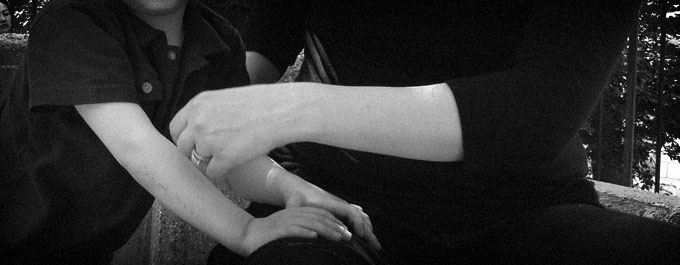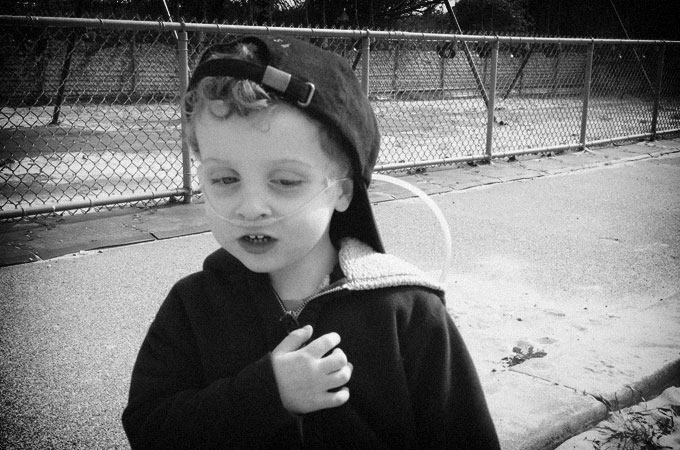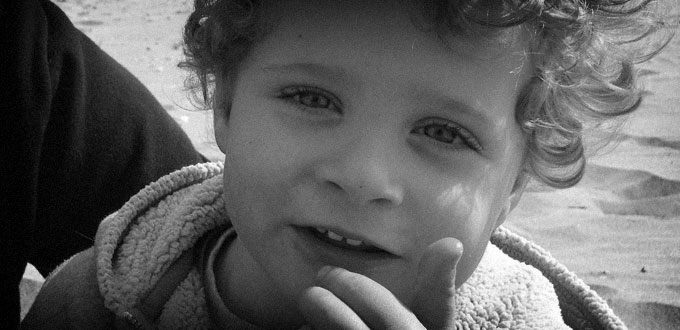Yesterday we witnessed something amazing: C is able to sight-read some words, and then match them to images. (This is the first time C has done this exercise with his ABA therapist; ironically, the point of the exercise was to help him with fine motor skill such as holding paper, not reading.) These are words C likes to spell, so he's already familiar with them. Nonetheless, he's seeing the words out of context and attaching meaning to them. In other words, pre-reading.
I know that when I tell people about this, some of them will think, "Well, there's more proof he's smart and maybe just a little unusual." It can be frustrating having to constantly explain that, yes, my son has some abilities that are beyond his 3.25 years of age, but in other areas he has severe deficits. People tend to assume average to better-than-average cognitive abilities mean there are no serious problems.
Nonetheless, I am thrilled with this development: it is heartening to know that despite the deficits, he has a great brain hard at work.

 When I came home tonight, C was standing quietly by the window arranging his cars just so.
When I came home tonight, C was standing quietly by the window arranging his cars just so. 
 We knew from our first hospital stay this wasn't going to be easy, but I'm thankful every day to have you as my partner on this journey. As involved as I may be, I know the majority of this burden falls to you, and I am forever grateful.
We knew from our first hospital stay this wasn't going to be easy, but I'm thankful every day to have you as my partner on this journey. As involved as I may be, I know the majority of this burden falls to you, and I am forever grateful. Evincing a common autism trait, my son's hands are always on the move, fingers bending or stiffening, balled up or widely splayed, seemingly living a life of their own.
Evincing a common autism trait, my son's hands are always on the move, fingers bending or stiffening, balled up or widely splayed, seemingly living a life of their own.
 Tonight M (my neurotypical son) said, "I want to go to the bank with my piggy bank and get a lot of money to give to you so you can stay home with C all the time and I can play with Mommy all the time." His words stand as a reminder to me: never underestimate how much these little ones pick up, how aware they are of what's happening around them.
Tonight M (my neurotypical son) said, "I want to go to the bank with my piggy bank and get a lot of money to give to you so you can stay home with C all the time and I can play with Mommy all the time." His words stand as a reminder to me: never underestimate how much these little ones pick up, how aware they are of what's happening around them.